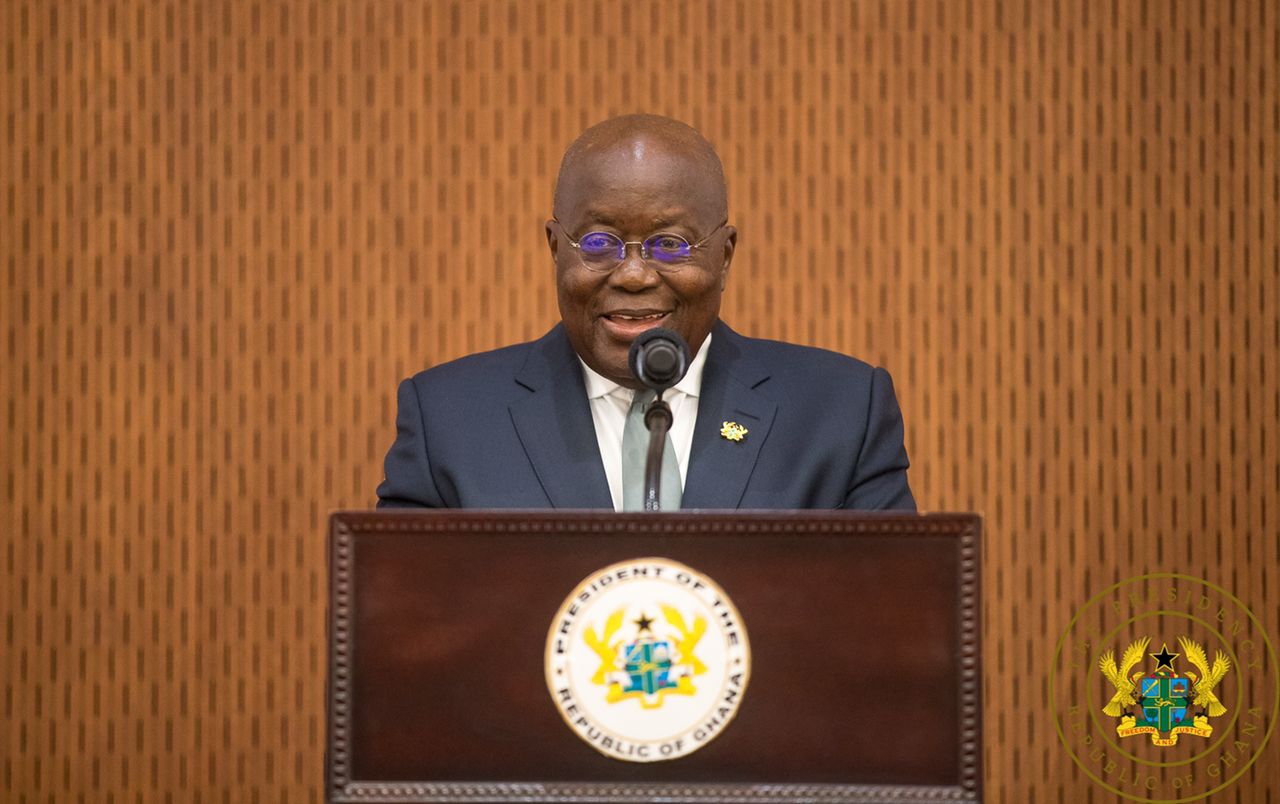

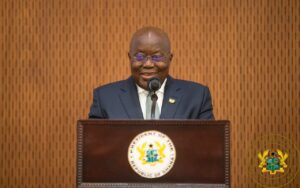
President Nana Addo Dankwa Akufo-Addo, says, Ghana is not a ‘broke’ economy as growth returns to pre-COVID-19 pandemic levels.
“The country is not broke, as some propagandists want us to believe. We are handing over the country with Gross International reserves of almost eight billion United States dollars ($8 billion).” He said.
He said this when he delivered his final State of the Nation Address to Parliament on Friday, January 3, 2025.
“Economic growth has also returned to the pre-COVID trajectory, with an impressive growth rate, rising from 4.8 per cent in the first quarter of 2024, seven per cent in the second quarter and 7.2 per cent in the third quarter,” he said.
He noted that the growth of the economy further reflected in the growth of private sector credit, which in nominal terms grew by 28.87 per cent in October 2024, compared to the -7.5 per cent growth recorded in the same period of 2023.
“In real terms, growth in credit to the private sector improved to 5.5 per cent compared to a contraction of 31.6 per cent recorded in October 2023.
The President remarked that external balances recorded a surplus of 2.6 per cent of Gross Domestic Product (GDP) in the first nine months of 2024, compared to a deficit of 6.6 per cent of GDP in 2016.
“In much the same way, the trade balance has improved, and stands at a surplus of $3.85 billion, compared with a deficit of one point eight billion US dollars ($1.8 billion) in 2016,” he said.
Regarding inflation, he stated that there had been a reduction from the 54 per cent recorded in December 2022, following the effects of COVID-19 and other global economic pressures to 23 per cent in November 2024.
“Encouragingly, food prices have also begun to decline, bringing some relief to households and contributing to a reduction in the overall cost of living,” the President said.
He also noted that the government had implemented significant measures to address the hardships that accompanied the economic difficulties.
They included increased budgetary allocations towards the School Feeding Programme, Capitation Grant, National Health Insurance Scheme (NHIS), and the Livelihood Empowerment Against Poverty (LEAP) programme.
He stated that those achievements demonstrated the government’s firm commitment to the policies, structural reforms, objectives and targets under the ongoing International Monetary Fund (IMF) loan-supported programme.
Meanwhile, some economic watchers have described the recent growth in Ghanaian economy as “fragile,” calling for long-term strategies to address the fundamental weaknesses.
Speaking with the Ghana News Agency, Professor John Gatsi, the Dean of the University of Cape Coast Business School, indicated that the recent growth had not benefitted Ghanaians.
He, therefore, asked the government to demonstrate control over fiscal issues by ensuring productive expenditure and implement programmes that would send signals of confidence to the international market.
“Align policies with national economic policies and ensure that major ministries whose work are directly related to the economy do not work in silos,” the professor of finance said.
Prof Gatsi also said it was important for the government to strengthen various revenue mobilisation institutions and create more fiscal consolidation, while exploring Islamic finance.
“There are difficulties across many levels, high cost of food inflation and cost of living. It will, therefore, take more time for Ghanaians to experience economic relief,” said, Prof Patrick Asuming, a Development Economist with the University of Ghana Business School.
He called for a broad-based consultation to produce programmes, and implement the same, in line with the National Development Planning Commission’s (NDPC) long-term strategies for the country.
Source: GNA
The post Ghana is not broke – claims Akufo-Addo, but some experts disagree appeared first on Ghana Business News.
Read Full Story


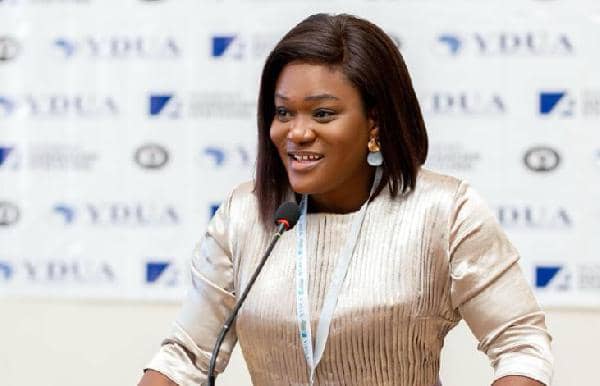


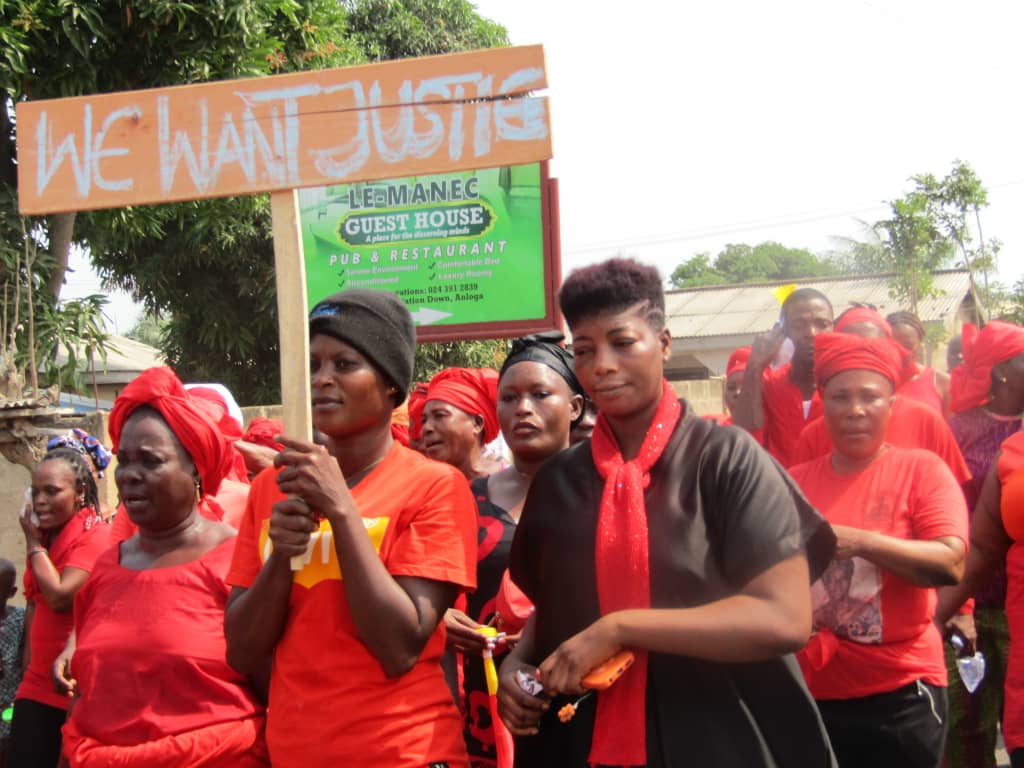



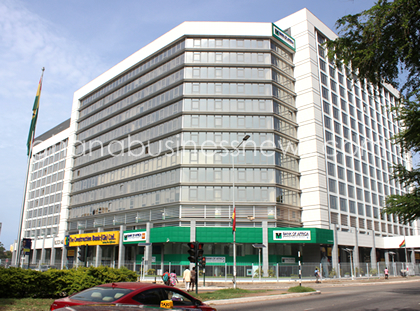
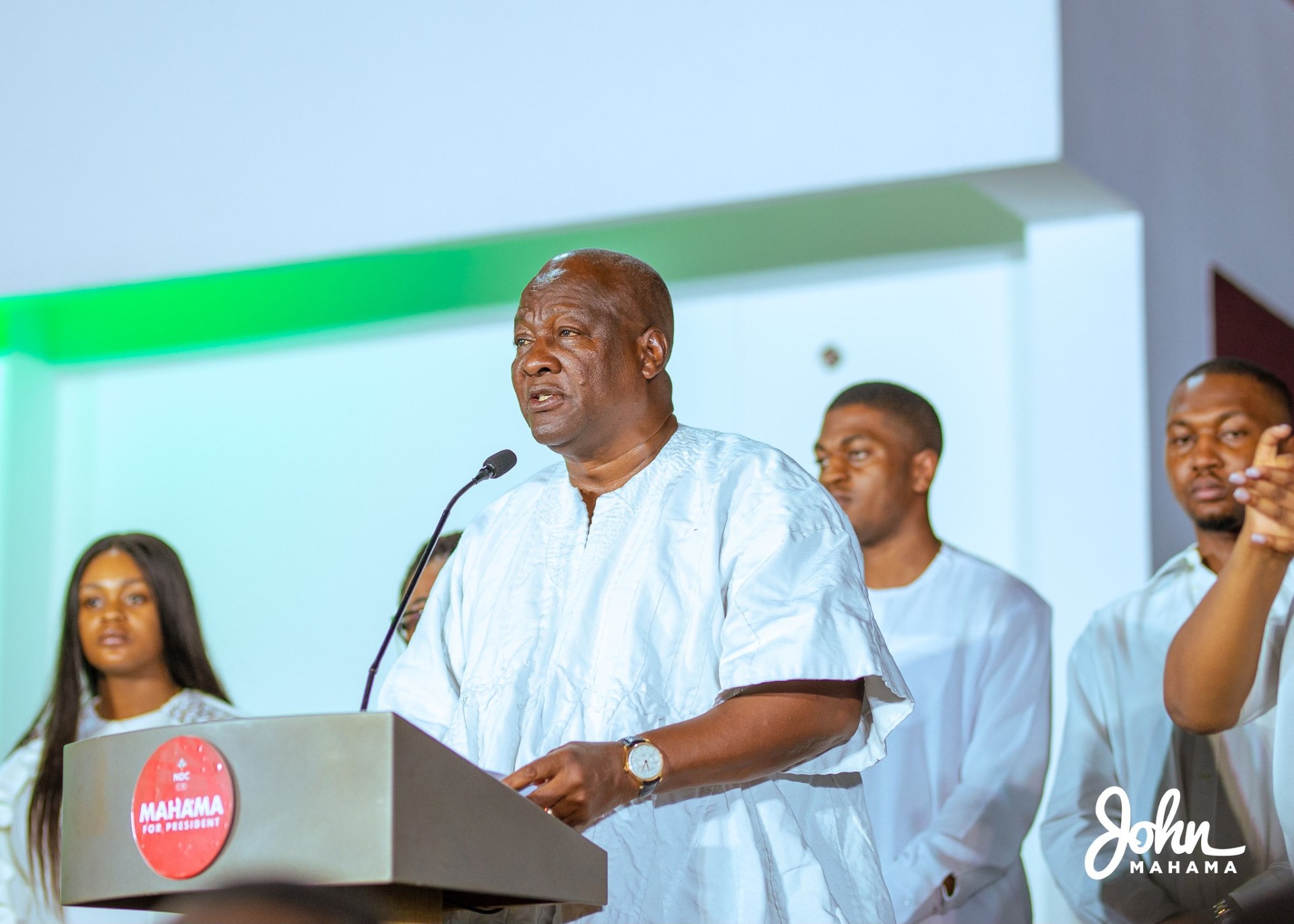
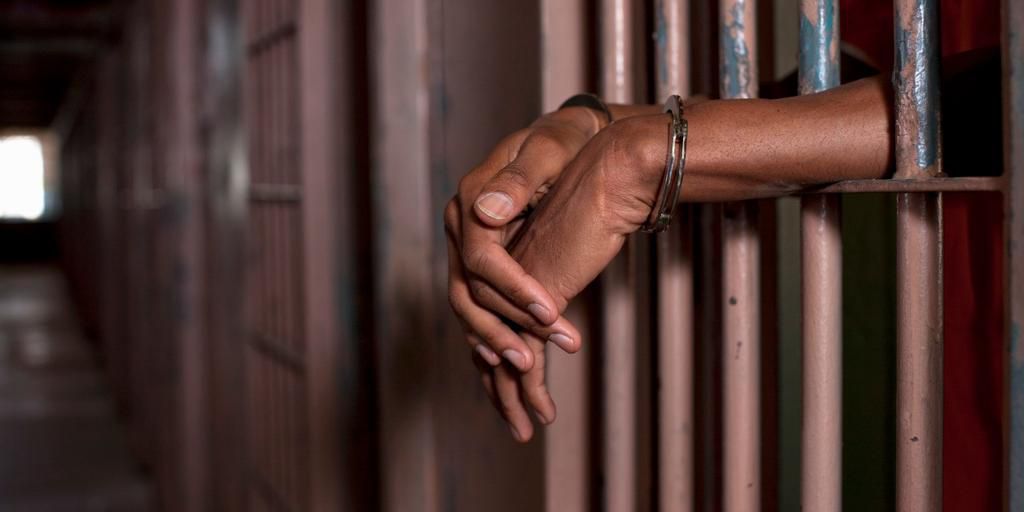
Facebook
Twitter
Pinterest
Instagram
Google+
YouTube
LinkedIn
RSS